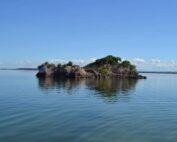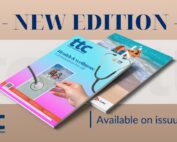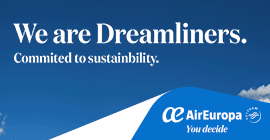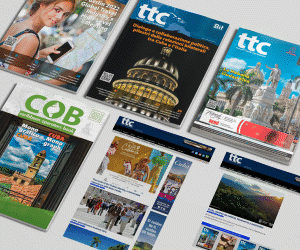Interview with Virginia Messina, Senior VP Advocacy and Communications World Travel & Tourism Council.
According to the studies and data collected in the context of COVID-19, what characteristics define the current scenario of the tourism industry? How would you define the new type of traveller?
The COVID-19 pandemic brought the Travel & Tourism sector to an almost stand-still. Last year, the sector’s contribution fell by almost US$ 4.5 trillion, (49.1% compared with 2019). The sector also saw the loss of 62 million jobs, representing a drop of 18.5%.
As a result of COVID-19, travellers have opted for domestic travel and trusted, low-risk options in the short-term. Travellers are expected to continue prioritising their own health and safety, will increasingly adopt new technologies, and continue to seek out outdoors and secondary destinations.
Among the lessons learned from the crisis generated by COVID-19 are the importance of collaboration and alliances, both with governments and between companies. What role do public-private sector links currently play in the recovery of tourism?
Creating a strong collaboration and partnership between stakeholders is essential for building resilience in the Travel & Tourism sector.
During the pandemic, we have seen how crucial it is to include all relevant voices from both public and private sector, in order to have a more holistic view of the crisis and update crisis response measures.
Governments should both coordinate amongst themselves and collaborate with the private sector to harmonise the easing of travel restrictions and standardise health protocols and testing requirements.
Among the WTTC initiatives in the face of the crisis generated by COVID-19 are campaigns such as #TogetherInTravel, #ONEin330Million. What have been their main results?
Our initiatives aim to show the impact of the Travel & Tourism sector beyond economic data. COVID has impacted not only the jobs in the sector, but also the livelihoods of those who rely on Travel & Tourism.
Travel & Tourism is not only holidays and vacations, is a sector for the people, by the people.
How much has the Safe Travels seal contributed to restoring confidence to the traveller?
The Safe Travels stamp was created for travellers to recognise destinations and business around the world which have adopted the Safe Travels health and hygiene global standardised protocols.
We recently saw the stamp reach 400 destinations around the world: from Oman to New Zealand, Portugal to Thailand.
WTTC is the world authority on the economic and social contribution of Travel and Tourism. What is the industry’s outlook for 2022?
Governments are progressively opening up international travel, allowing mobility between countries after 18 months of severe restrictions. Although progress has been made, there are still restrictions that make travel prohibitive for most people, such as costly PCRs or expensive hotels quarantines.
We have seen travel restrictions ease and increased international mobility, and although we won’t see pre-pandemic figures yet, we expect significantly more international travel next year, which will reflect in global GDP and the restoration of millions of jobs.
How would you summarize the keys to tourism recovery and to achieve a more resilient sector?
The recovery of Travel & Tourism is tightly related to the flexibility and adaptability of the sector. Greater public-private cooperation is essential for the sector’s survival, as it is crucial for all stakeholders to come together and share all relevant and latest data.
International cooperation by establishing clear rules, processes and standards is crucial for the sector to resume and bring back the millions of jobs impacted.
How does the WTTC contribute to the recovery of the travel industry in the Caribbean, where tourism is a fundamental line of the economies?
The Caribbean region suffered disproportionately more with Travel & Tourism GDP dropping by 58% last year, due to its strong reliance on international tourism which decreased significantly. According to our recent Economic Impact Report, Travel & Tourism supported more than 2.7 million jobs in 2019, decreasing by a staggering 700,000 in 2020.
WTTC advocates for a data driven risk-based approach in removing international travel barriers, reducing protocols for fully vaccinated travellers, as well as the implementation of strong health and safety protocols.
What importance do you attach to WTM London 2021 on the road to reactivating the travel and tourism industry?
WTM is a fantastic platform for the Travel & Tourism sector to hear from the industry leaders about the challenges and trends ahead. It is a great opportunity for the stakeholders of the sector to reconnect and celebrate the importance of travel.

MORE NEWS
